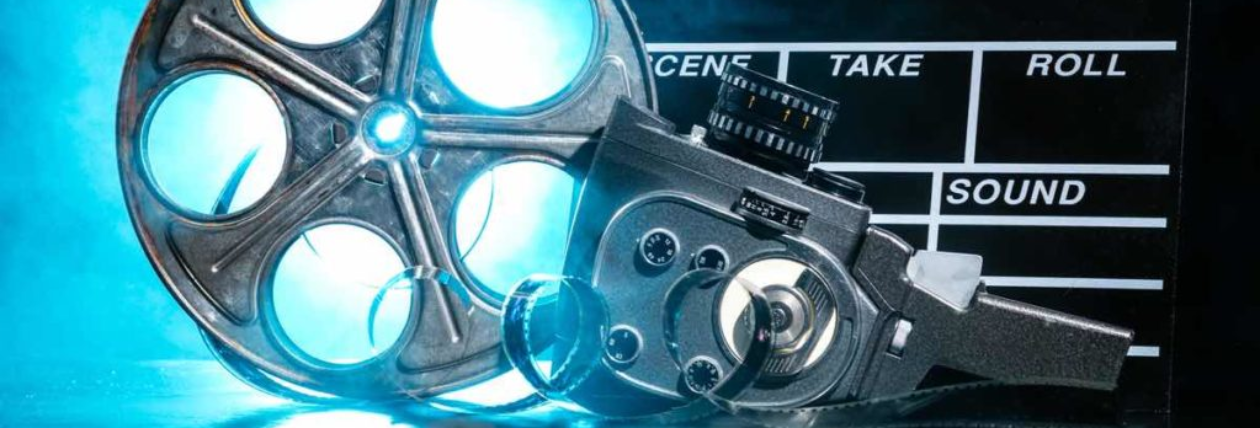Mediation – the control of how the spectator/viewer perceives the footage through the producers interpretation
Distortion – any alteration in the shape or proportions of the normal image at any stage of the photographic process
Hyperreality – a visual language as it works better with images in order to give a hyperreal experience to the audience
Verisimilitude – the believability or semblance of truth in a work, even if that work doesn’t reflect real-life accurately
Bias – bias can occur on purpose or because the creator simply didn’t seek out balanced sources, ask deep questions, do good research or provide enough context
Objectivity – an objective perspective tends to use wider shots to show all the characters and/or a large portion of the story world within the frame, with no focus on one particular character
Selection/Editing – prepare for publication by correcting, condensing, or otherwise modifying it
Verisimilitude is used by filmmakers to mediate aspects of reality.







